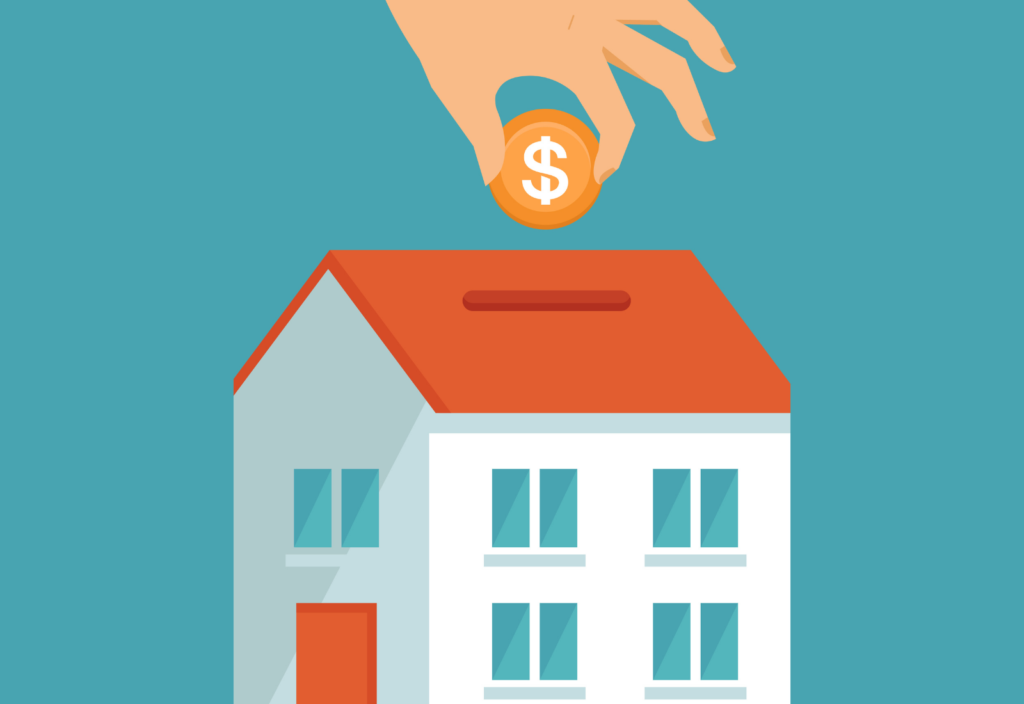In 1624, the Dutch West India Company established the settlement of New Amsterdam at the southern tip of the island known as Manhattan. Pretty much since then, investors from all over the world have flocked to The City That Never Sleeps, singing:
Start spreading the news
I’m leaving today
I want to be a part of it
New York, New York
As we recently wrote, the U.S. has for a long time been the world’s largest recipient of foreign direct investment (FDI), and the U.S. real estate market has historically been perceived as a safe haven in times of economic uncertainty. Although the unpredictable legislative and regulatory environment of the past four years saw many investors hit “pause” in their plans to establish or expand U.S. business operations, the change of administration in January, combined with low interest rates, a rebounding economy, relatively low taxes, plus the liquidity and transparency of the U.S. real estate market have contributed to an acceleration of real estate activity – including record amounts of foreign investment.
And yet, the effects of the pandemic have made themselves felt in real estate markets all over the country. Millions of square feet of central business district (CBD) office space have been empty for months, and the knock-on effect on ancillary businesses (retail shopping and food and beverage) has been severe.
Many media outlets have rushed to write the obituary of big city living, but we remain extremely bullish that for decades (centuries?) to come, millions of people will …
… want to wake up in a city
That doesn’t sleep
And find that I’m number one
Top of the list
Head of the heap
King of the hill
The city they wake up in, however, may not be New York City.
In the last year, Seattle overtook Manhattan as “the top US commercial real-estate hotspot for foreign investors” and it also passed San Francisco as the United States’ “top market for big tech real estate leases.” In other words, Seattle is now the hottest city in the United States for commercial real estate.
Seattle, of course, is home to Amazon (which increased the size of its workforce by over 50 percent during the pandemic) and Microsoft, the world’s second most valuable company (Amazon is third, Apple is first) by market capitalization (if we leave out state-owned and -supported Saudi Aramco). Seattle also has long benefited from its proximity to Canada, which is a big source of foreign capital in U.S. real estate.
At the level of individual transactions, the pandemic has had a significant impact on investor decision-making, but overall, the United States remains a fundamentally attractive real estate market. New York City pulled in over $2 billion in foreign investment from April 2020 through March 2021, around $400 million ahead of San Francisco, followed by Chicago, Dallas, Atlanta, Los Angeles, Phoenix, Boston and San Jose.
At the same time, given the complexity of US law, with its multiple jurisdictions (e.g. federal, state and municipal), as well as real estate regulations that can differ by region, careful planning and counsel is important for all U.S.-bound real estate investors.
Questions to answer before deciding on an investment (or investment strategy) include:
- Are you buying property that you will occupy and use yourself?
- Are you buying property that you will lease to tenants?
- Are you buying property that you expect to sell within a relatively short time frame (e.g. an under-construction property that you will turn around at the completion of construction)?
- Are you buying property that you expect to hold for a relatively long time (e.g. retirement property, or long-term income-generating property)?
The answers to these questions should influence where you buy and how you structure your investment.
For example, in both Seattle and New York City, the regulatory environment for real estate investors is very different to that even in suburbs only a few miles away, and the consequences of not understanding those regulations can be disastrous to an investment. In both cities, local governments have become much more tenant-friendly over the past few years, and it is more difficult to raise rents, even if significant improvements have been made to rental properties.
There are many more location-specific issues to consider, including the selection of potential joint venture partners; identifying and dealing with trustworthy real estate brokers and securing finance on favorable terms; retaining experienced construction professionals, such as contractors and architects; then navigating the process of negotiating and signing contracts with all the parties and, subsequently, conducting the necessary due diligence to understand the legal risks accompanying the acquisition.
If you are a foreign individual or company looking to establish (or further develop) a real estate presence in the U.S., some of the issues you will face include:
- Finding the best location and negotiating the best price
- Acquiring the property after conducting necessary due diligence to understand and minimize legal and business risk
- Navigating complex regulatory structures
- Structuring sensible financing
- Making strategic entity decisions and minimizing tax liability
- Obtaining necessary permits and licenses for construction and operation
- Dealing with zoning, restrictive covenants, and encumbrances
- Finding and enlisting construction, title, and other service providers
- Preserving anonymity when possible
As we have written many times on this blog in many business and investment contexts, many laws and regulations govern business and investment in the U.S. – what’s most important is to be as informed as possible about the relevant operational and legal contexts, and to get sound local legal advice every step of the way when you’re making investment and business decisions.
Our real estate attorneys have decades of commercial real estate experience and speak many languages, including Chinese, Russian, Spanish, French, Portuguese and German. Our understanding of how real estate markets work in other countries helps us ensure that our clients are invested comfortably in U.S. markets with minimal risk and an eye to maximum returns.






















